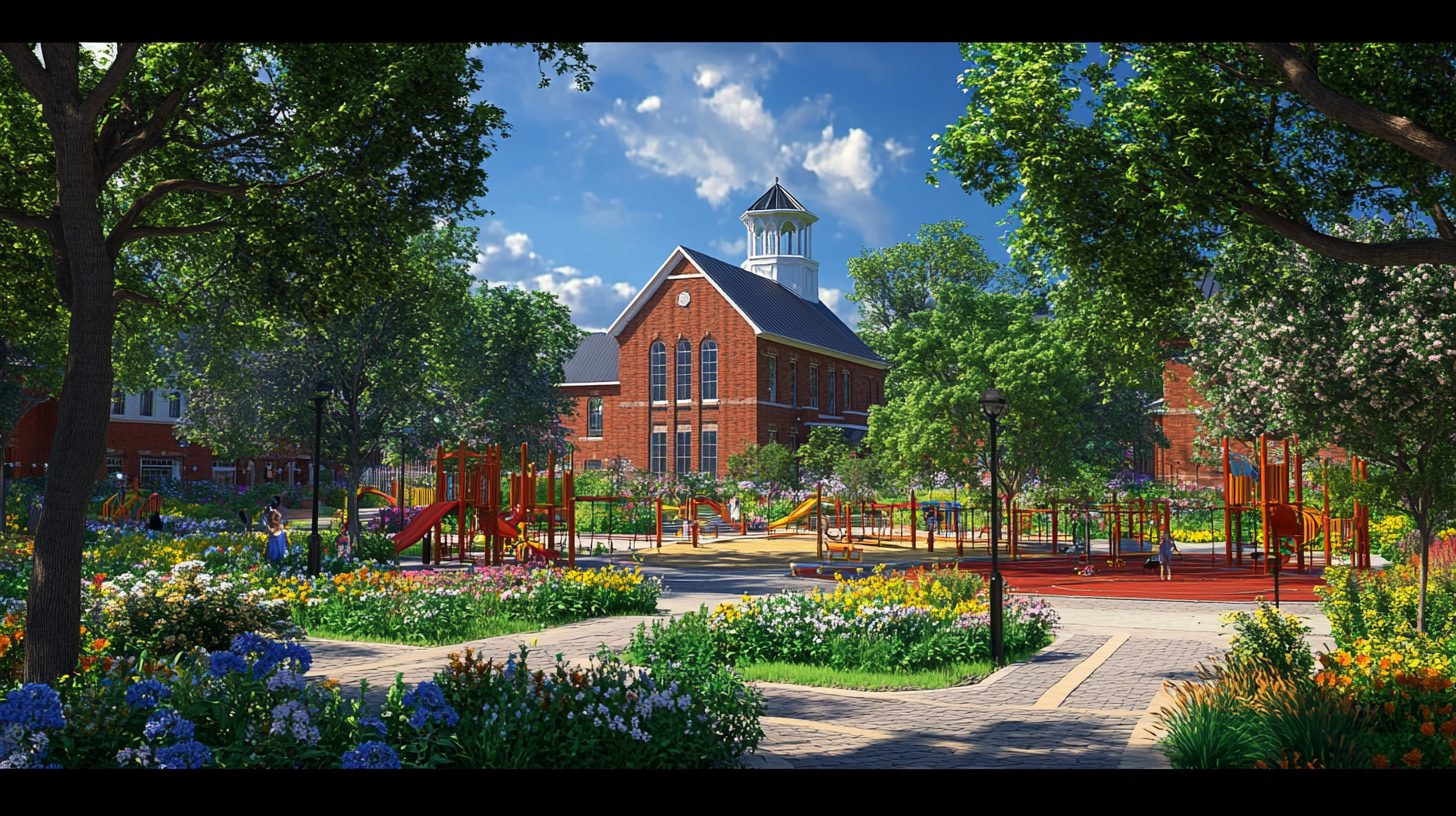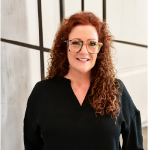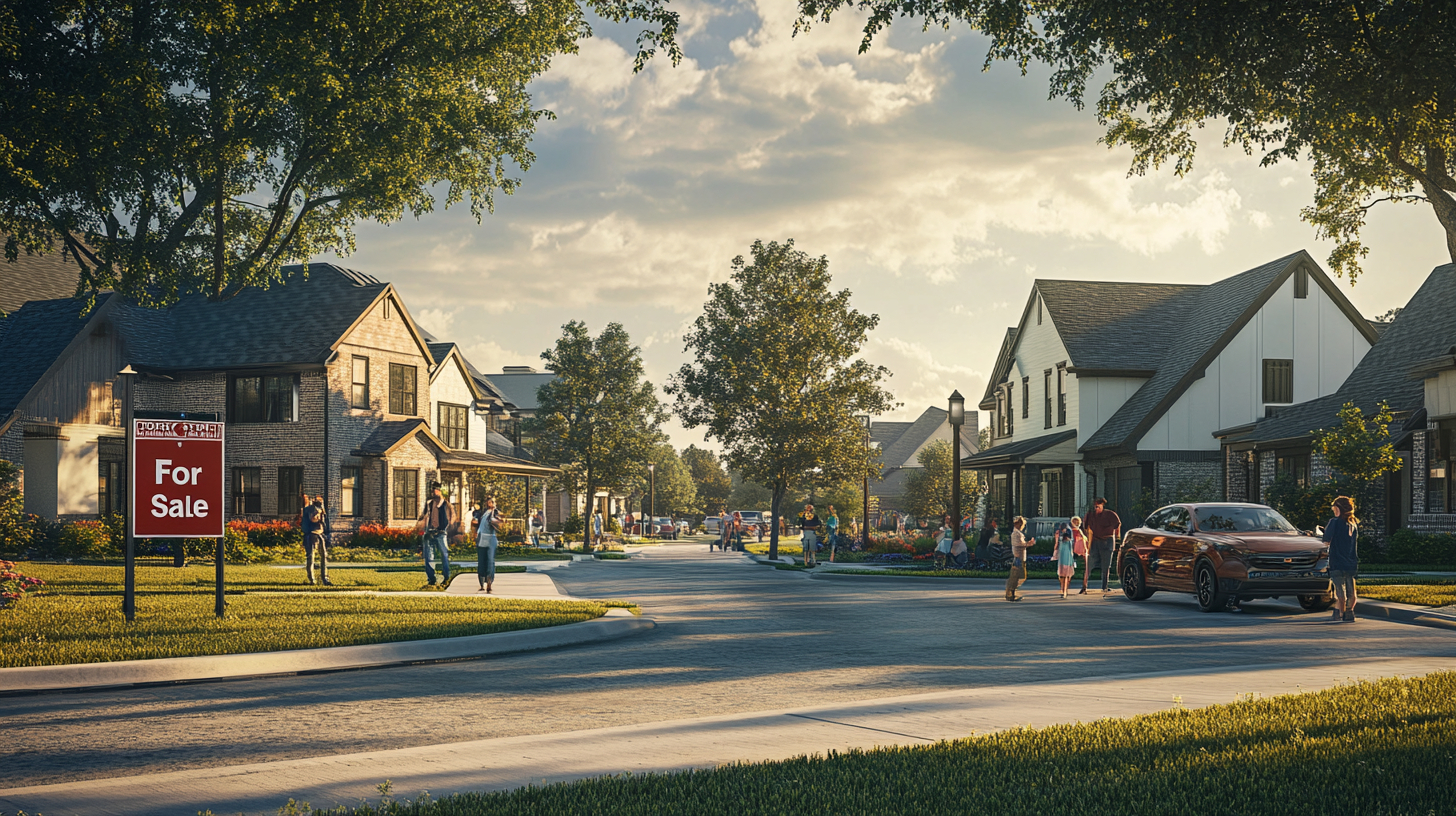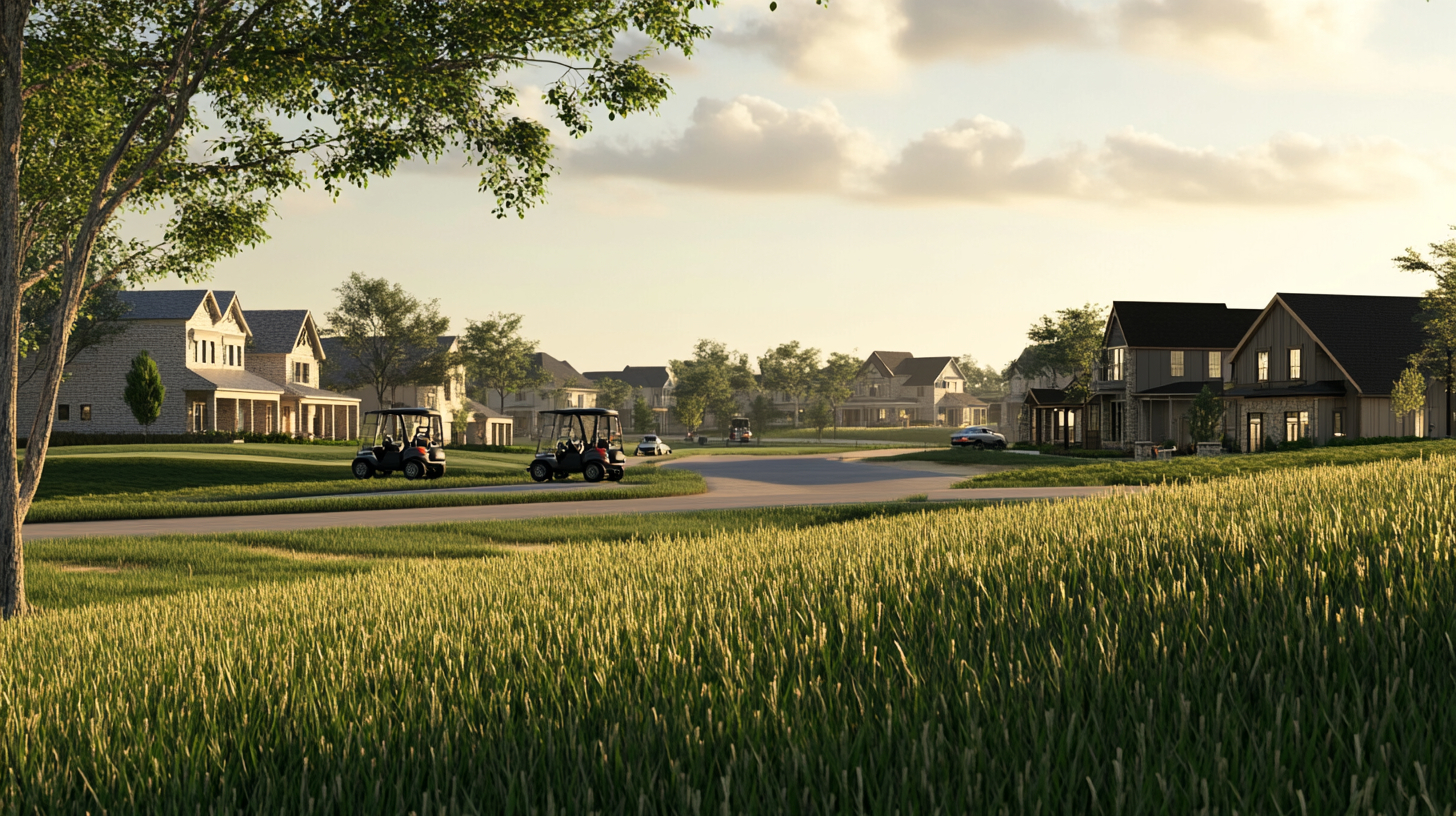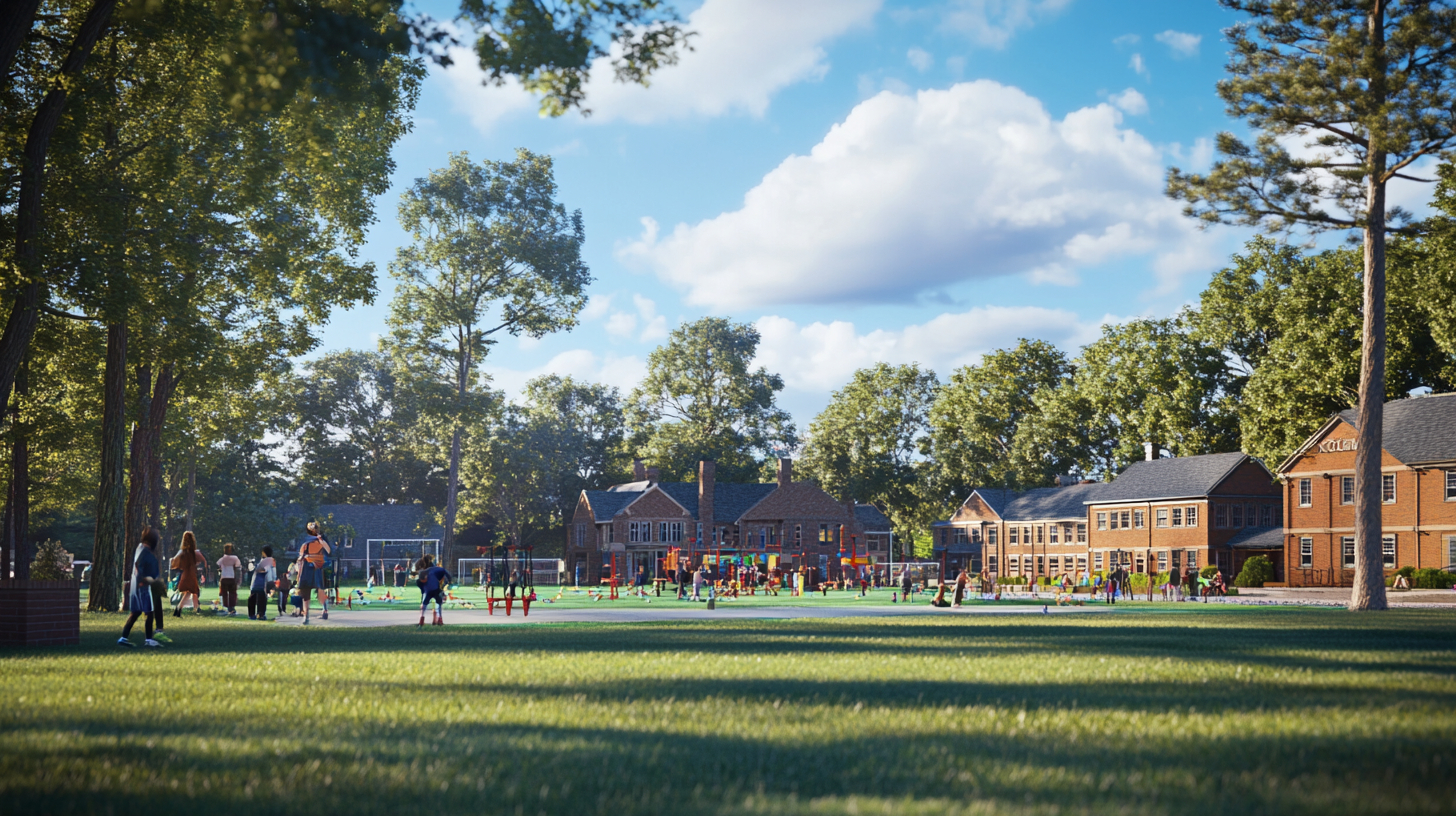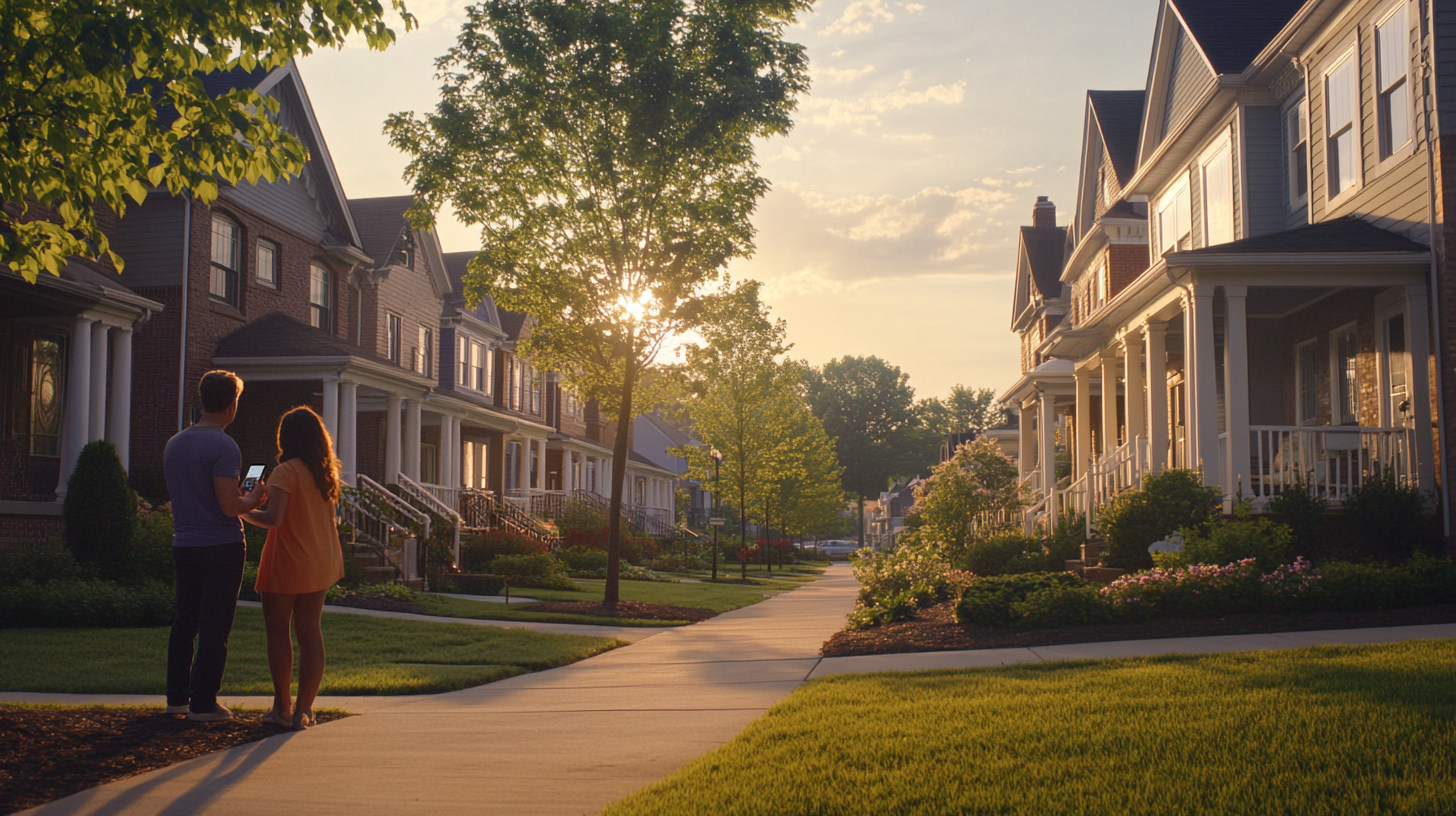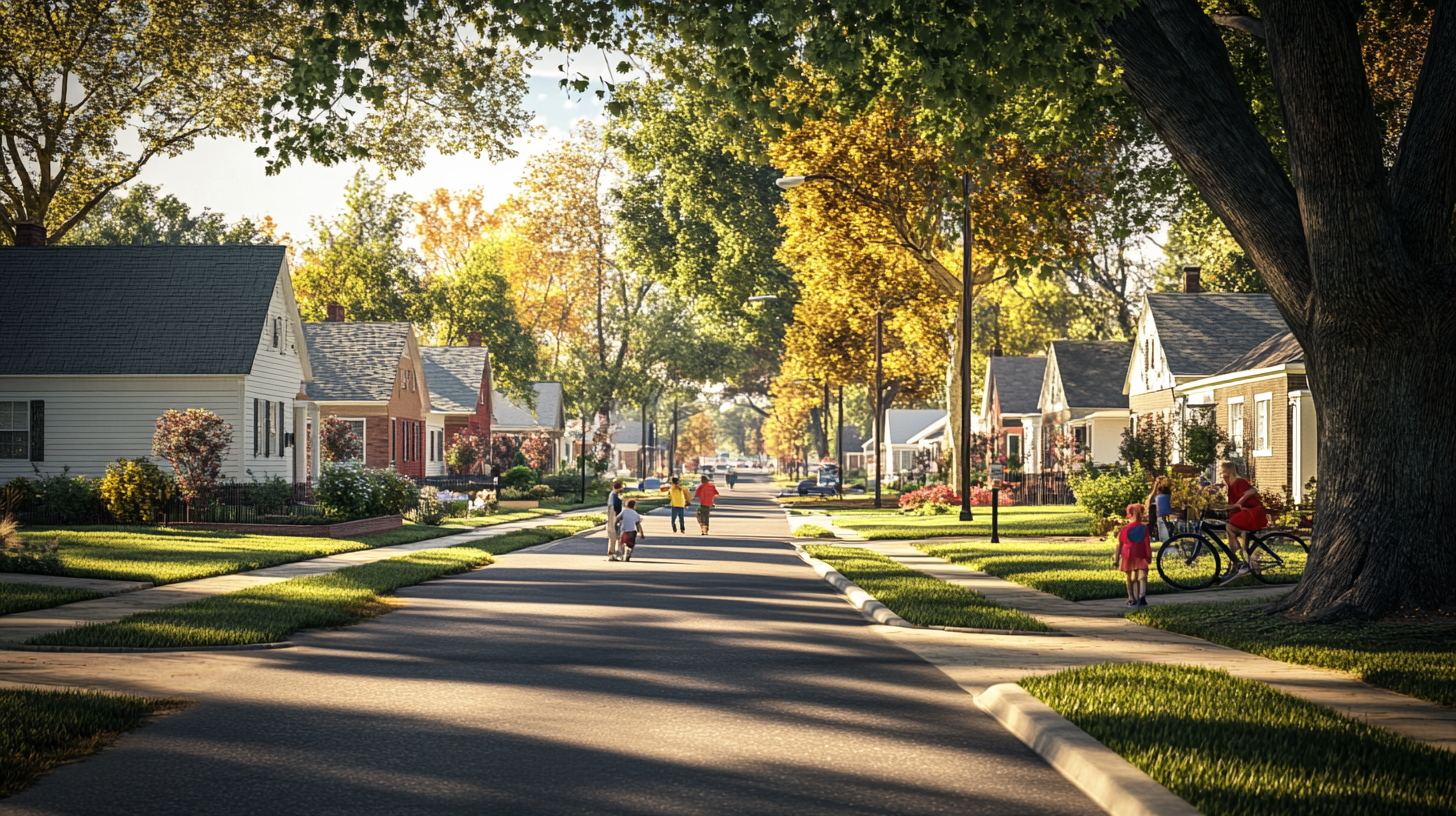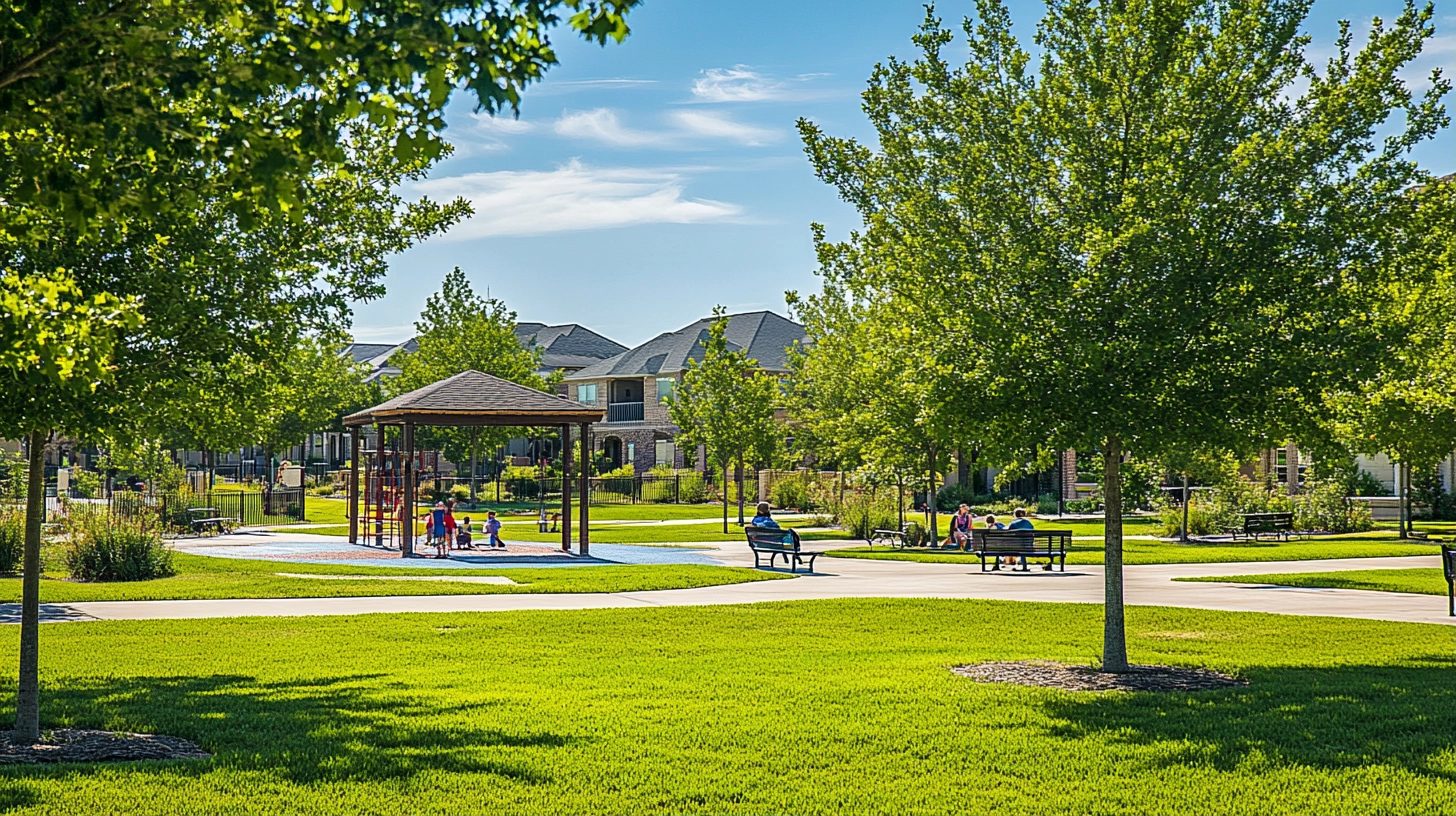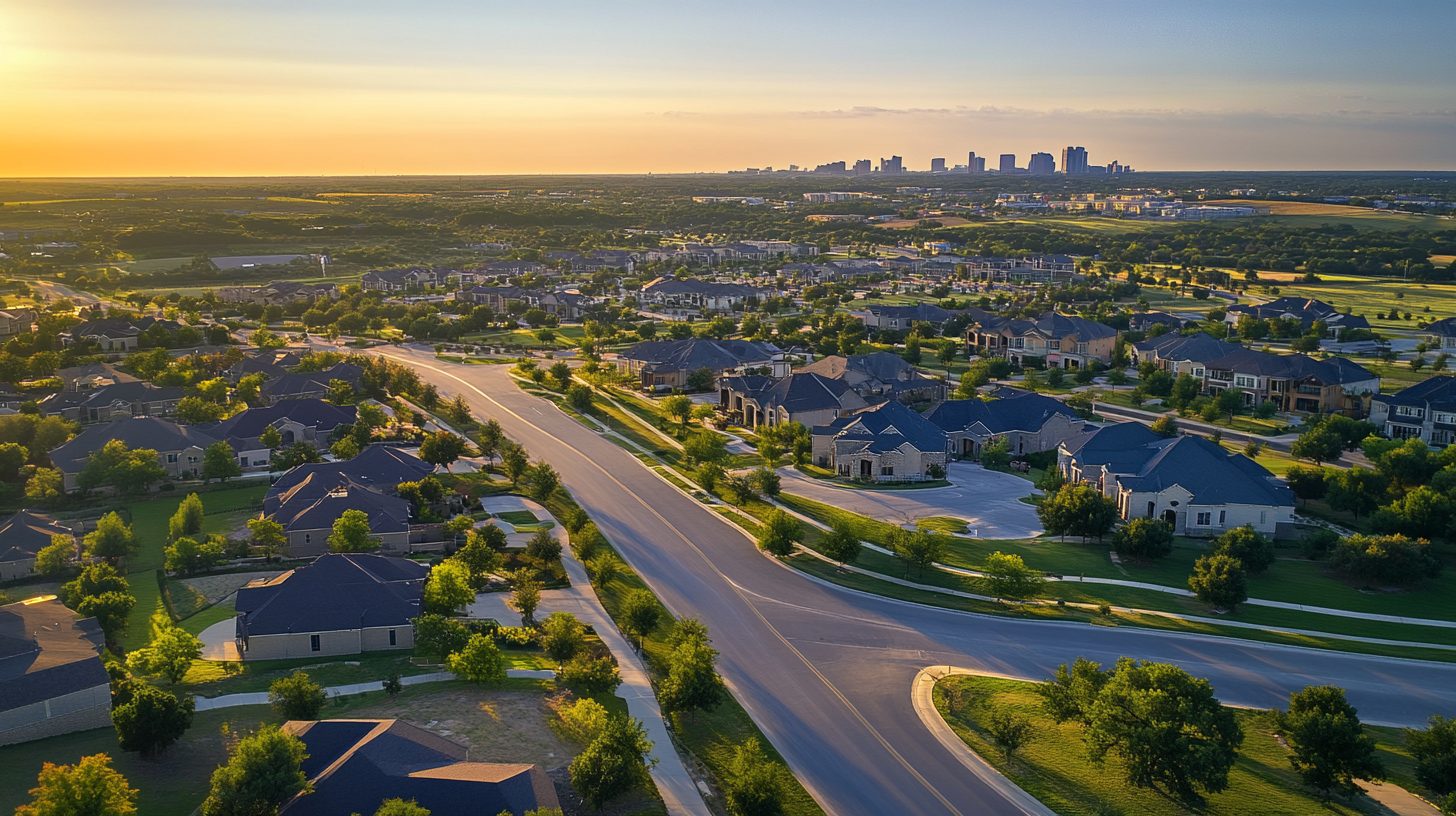Setting the Scene
In Prosper, you might feel like you’ve stepped into a postcard—the sense of community is that strong. If you’re searching for the best schools in and around Prosper, you’re in the right place.
Steady population growth has been a big deal here, fueled by families searching for that warm, small-town vibe. And with more developments popping up, the demand for top-tier schools is skyrocketing.
Parents have real skin in the game, championing robust academic programs that reflect their family values. The suburban calm fosters a vibe where involvement in school events feels almost second nature.
So if you want a thriving academic environment mixed with neighborly spirit, Prosper’s the spot. That blend is precisely why folks keep moving in.
Public School Standouts
You’ve heard the name Prosper ISD thrown around like it’s a gold standard, right? And I gotta say, it pretty much is—especially if you value teacher quality and college readiness.
Test scores consistently rank above the state average, and the district invests heavily in both technology and professional development. This place doesn’t just churn out graduates; it cultivates future leaders. Families, by the way, rave about the strong foundation students gain before heading off to higher education. And in my own experience, that sort of robust institutional backing is tough to beat. Seriously, you’d be pressed to find a more forward-thinking setup. Procrastinate all you want, but once you visit, you’ll see what I mean.
For rigorous academics, Prosper High School often ends up in conversation first. It’s got advanced placement courses galore and a dedicated staff that won’t just pass you through. Rather, they push your kids under the microscope, helping them develop critical thinking skills and deeper subject mastery. Then there’s Reynolds Middle School, where I’ve seen some truly impressive math and science initiatives. Folsom Elementary is another standout, complete with teachers who know exactly how to harness young energy in a structured yet playful environment. Let’s be real: if you’re aiming for rigor, these schools have the blueprint.
Folsom’s enrichment tracks, for instance, include language clubs and hands-on science labs that go beyond standard curricula. Prosper High’s impressive robotics program—yep, there’s a team for that—commands attention at statewide competitions. So if you or your clients are craving a place that prioritizes both worksheets and wonder, these schools step up.
You can’t talk Prosper ISD without mentioning the athletics scene. Friday night football here is practically a local holiday—I’ve never seen such packed stadiums and dedicated booster clubs. And those same kids often dabble in theater, music, or the arts, because the district encourages exploring multiple interests.
STEM clubs range from coding cohorts to environmental science groups that plan campus-wide recycling gigs. Not always the easiest kind of club to run, but the payoff is huge. Students gain real-world skills while forging friendships that last well beyond graduation. It’s a recipe for well-rounded learners. I mean, who wouldn’t want to learn robotics coding while also saving the planet? Seriously, it’s a little slice of geek heaven—no offense if you prefer the arts.
When you chat with parents around town, they’ll share how teachers keep them in the loop—constant emails, texts, even social media updates. That inclusive vibe extends to students too, especially those who might feel shy or overshadowed. I’ve heard countless stories of teachers pulling a quiet kid aside, giving them that extra nudge to join a club or project.
I once met a mom who said the marching band director personally helped her son overcome stage fright by tweaking the practices to build confidence step by step. Talk about going above and beyond. It’s stuff like this that cements Prosper ISD’s reputation as a welcoming place, no matter your background. I mean, who else does that these days? That sense of family truly sets the district apart.
Private & Charter Options
Sometimes you want a smaller class size and a teaching philosophy that doesn’t just fit into a neat little box. Private schools around Prosper have stepped up to fill that gap, offering everything from faith-based curricula to Montessori-style programs. One standout is Legacy Christian Academy—parents say it balances strong academics with a nurturing spiritual environment. You might pop into one of their open houses and immediately feel the warmth.
Smaller class sizes here translate to more one-on-one teacher-student interactions, which can be a game-changer for kids who might otherwise slip through the cracks. I’ve seen them tailor lesson plans so effectively that students actually enjoy homework—go figure! If you’re looking for a place where educators know your child’s name by heart and keep an eye on every milestone, consider these private gems.
Charter schools are another hot topic around here, largely because they offer specialized pathways that might not appear in traditional settings. Heard of Leadership Prep School? It’s known for grooming tomorrow’s entrepreneurs with project-based lessons that revolve around problem-solving and collaboration. And don’t forget Imagine International Academy of North Texas, which focuses on the International Baccalaureate program. If your child’s got big plans—maybe studying abroad—these charter options go the extra mile.
Flexibility is key at these schools. If you’re tired of rigid, cookie-cutter lesson plans, a charter might be the creative alternative you’re craving. I’ve seen them adapt schedules to incorporate teacher-student conferences, host cross-curricular events, and even let older students mentor the younger ones. It’s a different vibe—a bit like stepping into a startup environment.
Sure, private school tuition can look daunting—especially if you’re used to public school freebies. But keep in mind that many private institutions offer scholarships, sibling discounts, or financial aid. I know a family that snagged a hefty tuition break simply by filling out an early application and demonstrating their volunteer spirit. Some schools also partner with local businesses to fund extracurricular programs, so not every cost falls on the parents’ shoulders.
Academically, private and charter schools often keep pace—or even outshine—the public system, thanks to focused curricula and smaller student bodies. But let’s not ignore the bias: smaller isn’t automatically better. Still, the concentrated attention can boost test scores and college acceptance rates. If you spot your child thriving in a tight-knit environment, these schools deserve a second look.
Parents often say they feel like true partners in the learning process at these institutions. Teachers loop them in on everything—from lesson plans to field trips—so there’s hardly a dull moment. And when you attend a parents’ night at a private or charter school here, you won’t just see people checking a box; you’ll see genuine interest in collaboration. One mom I know even joked that she chats more with her child’s teacher than her own spouse.
Another neat perk: a lot of these schools have parent-led committees that plan social events or fundraisers, turning the campus into a tight-knit hub. It’s not just about reading and writing—it’s about collective growth. If you’re the type who loves building relationships beyond the carpool lane, this might be your sweet spot.
Other Factors to Weigh
Now, let’s talk logistics. If you’ve ever tried to drive to a school across town during rush hour, you know the commute can feel like a marathon. Some families strategically choose neighborhoods just to cut down on travel time. And if you’re looking at specialized programs, that daily journey might get even trickier.
Another curveball? Capacity and waitlists. It’s no secret Prosper’s growth has placed a strain on class sizes, so you might face more competition for spots. Even the real estate prices near these coveted campuses have been known to climb higher than you’d expect. Ultimately, you’re juggling academic reputation with your family’s unique needs—never an easy call.
Final Thoughts & Future Outlook
So, here’s the bottom line: Prosper has built an education ecosystem that checks an awful lot of boxes. Academics, extracurriculars, community vibe—they’ve managed to combine all three into one appealing package. I’ve watched families move here solely for the reputation of the schools, and guess what? They rarely leave. Whether it’s the top-notch public programs or the specialized private and charter alternatives, there’s a sense that every kid can find their place. Sure, no system is perfect, but Prosper’s blend of robust academics and strong parental involvement is pretty darn close. Trust me, I’ve seen my share of districts, and few measure up.
As Prosper keeps expanding, you can bet the district lines and school capacities will shift. New neighborhoods mean new campuses, which could spell shorter commutes—but also the inevitable growing pains. Imagine brand-new buildings popping up, cutting-edge facilities, and an evolving curriculum that adapts to the latest tech. But with that expansion often comes waitlists or boundary rezoning, which might catch some families off guard. I’ve heard whispers about upcoming specialized academies that focus on the arts, tech, or even culinary programs—pretty slick, right? Keep an eye on those announcements; they may spark fierce competition for enrollment. Nothing is set in stone, but the momentum sure feels unstoppable. Folks speculate that top-tier teachers will flock to these new campuses, upping the academic ante. That future appears more exciting than daunting.
If you really want to see whether a school is your jam, step onto the campus. Tour the library, check out the science labs, maybe even drop by a PTA meeting. You’ll get a vibe for how teachers interact with students—are they genuinely engaged or just punching a clock? I once spent half a day shadowing a few classes and discovered how essential that real-life look can be.
Also, consider those extracurriculars. Your kid might start high school swearing they’re “so not athletic” but end up falling for track or volleyball. Or maybe they’ll join the debate team and become the next star litigator. Point is, you won’t know until you see the programs and speak with the folks who run them.
One of my favorite things about Prosper is how neighbors rally together, especially for school-based projects. There are volunteer tutoring sessions, weekend clean-ups, and even drive-through meal pick-ups for families who need a little extra help. This extends beyond just parents—a lot of local retirees pitch in too. Makes you wonder: is there something in the water that encourages people to show up and help?
Check out organizations like the Prosper Education Foundation, which channels funds directly into innovative learning programs. They help sponsor scholarships, student leadership workshops, and pitch in for classroom resources that teachers might otherwise foot themselves. I’ve seen this firsthand—my cousin’s child received a scholarship for a summer coding camp, and it changed her entire trajectory. If you’re big on community spirit, these efforts might just seal the deal.
In the end, Prosper’s schooling future shines bright—so long as the community remains engaged and fueled by fresh ideas.

